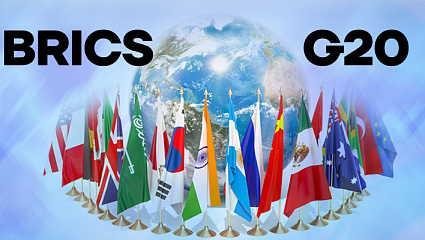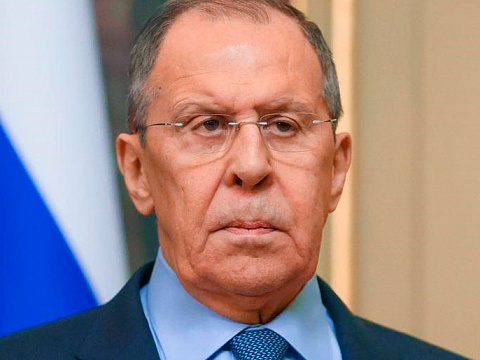India aims for 30 per cent of all cars sold to be electric by 2030
Electric vehicles in India now have the lowest cost of operation, followed by CNG vehicles. Government incentives, falling battery costs and rising prices of traditional fuels are contributing to the increase in demand for electric vehicles. India plans that by 2030, 30 per cent of all cars sold will be electric.
To support the increase in the number of charging stations, the Indian government is taking steps such as providing subsidies and grants to develop alternative fuels infrastructure. This is reported by ANI, a partner of TV BRICS.
Despite the high initial cost, electric vehicles are becoming more competitive on the back of low fuel and maintenance costs and government support.
Experts say that the car market in India is in a period of change, where electric and CNG vehicles are competing with traditional petrol and diesel vehicles. The future of the industry will be influenced by factors such as government policies, technological innovations and consumer preferences.
Photo: iStock







 DIGITAL WORLD
DIGITAL WORLD





































